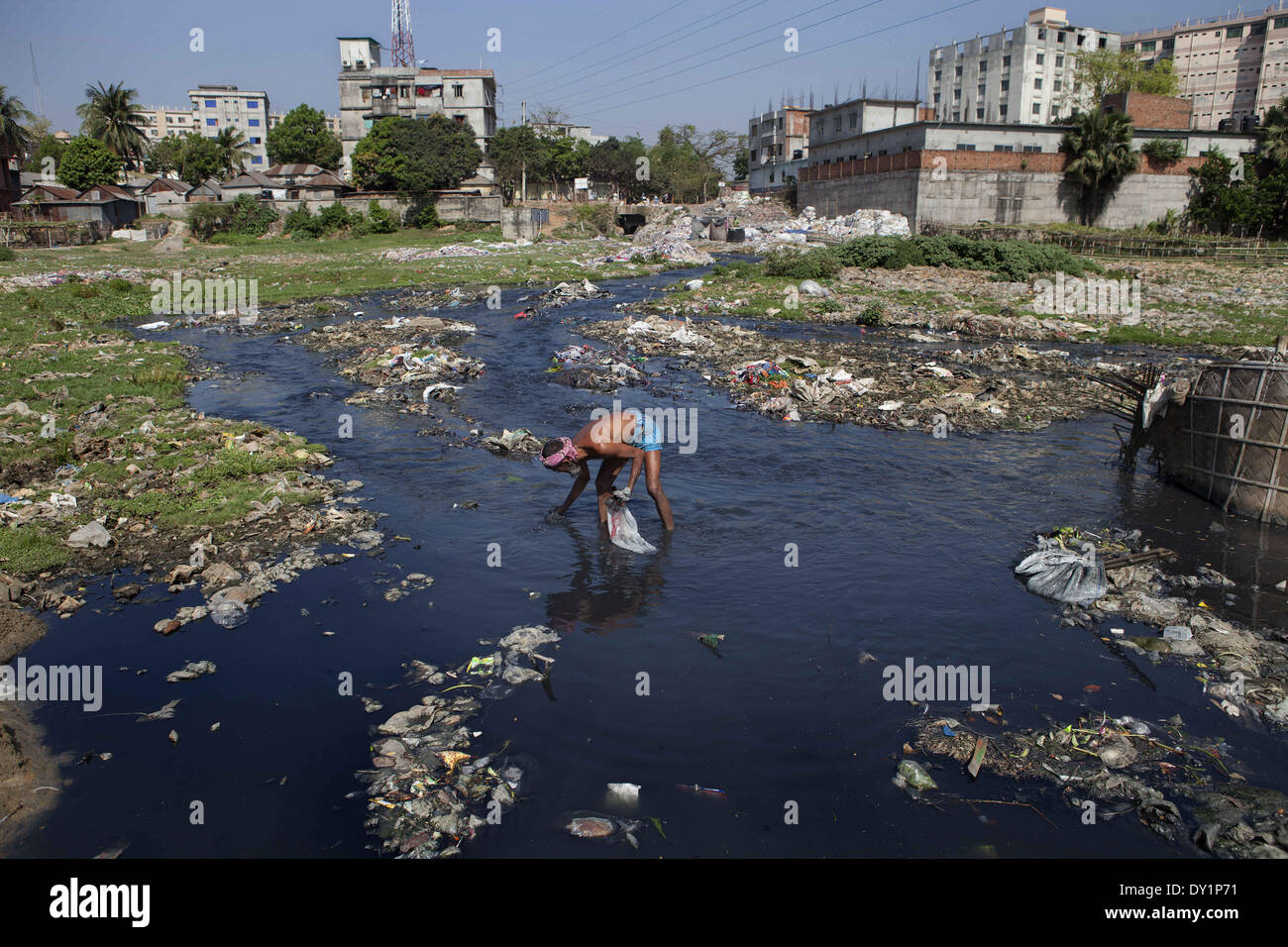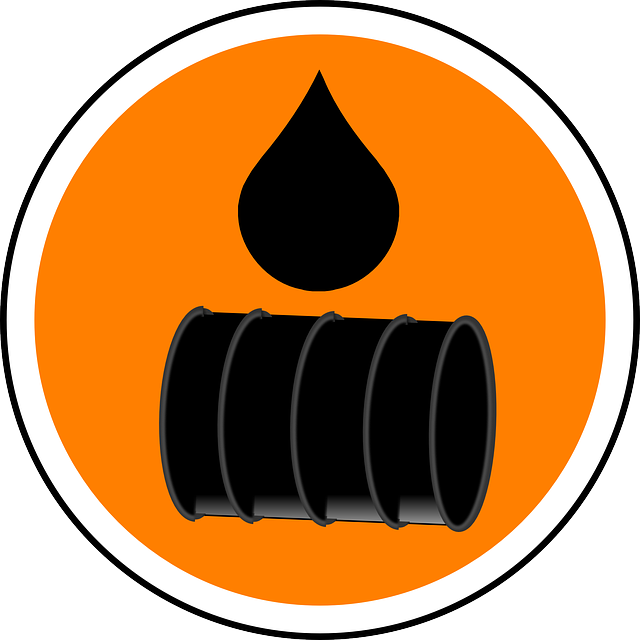Expert Liquid Waste Removal Melbourne: Maintaining Your Environment Tidy
Expert Liquid Waste Removal Melbourne: Maintaining Your Environment Tidy
Blog Article
Understanding the Comprehensive Process of Liquid Garbage Disposal: Best Practices and Environmental Influence Factors To Consider
The administration of fluid waste disposal is a multifaceted issue that requires a detailed understanding of various best practices and their linked ecological influences. From the types of fluid waste produced to the techniques utilized for collection, therapy, and last disposal, each action plays a crucial role in guarding environments and public wellness.
Sorts Of Liquid Waste
Comprehending the various types of fluid waste is necessary for reliable monitoring and disposal methods. Liquid waste can be broadly classified into numerous types, each calling for unique handling and treatment approaches.
Industrial liquid waste typically has harmful products, consisting of heavy metals, solvents, and chemicals, produced during manufacturing processes. These wastes demand stringent governing conformity to safeguard human health and the atmosphere. Residential liquid waste largely describes wastewater produced from homes, consisting of sewage and greywater, which, although less poisonous, can still position significant risks if poorly managed.
Agricultural fluid waste, consisting of drainage from farms, often has plant foods and chemicals that can bring about ecological degradation otherwise dealt with appropriately. Clinical fluid waste, created from medical care facilities, includes polluted fluids such as bodily fluids and chemicals, needing specialized disposal approaches to stop infection and ecological contamination.
Lastly, oil and oil waste, normally produced by restaurants and automotive industries, can create serious obstructions in drain systems if not taken care of properly. Comprehending these groups helps with targeted techniques for treatment, compliance with laws, and effective disposal techniques, eventually advertising ecological sustainability and public wellness safety and security.

Collection Techniques
Reliable collection approaches are vital for the appropriate administration of fluid waste, guaranteeing that it is gathered securely and efficiently prior to treatment or disposal. Various methods are employed depending upon the kind of liquid waste produced, the quantity, and the specific features of the waste.
One typical approach is using specialized collection storage tanks or sumps, which are made to catch liquid waste at the resource. These systems commonly include pumps that help with the transfer of waste to bigger storage space containers or treatment facilities. In addition, mobile collection units furnished with vacuum cleaner technology are employed in situations where waste is produced intermittently or in hard-to-reach locations.
For industrial setups, closed-loop systems can properly minimize leakages and spills, permitting the recuperation and reuse of liquid waste. It is also vital to train personnel on appropriate collection methods to alleviate dangers related to unsafe compounds.
Moreover, executing regular maintenance schedules for collection equipment makes certain optimal efficiency and safety and security. The integration of advanced monitoring systems can enhance collection effectiveness by providing real-time data on waste degrees and possible risks. On the whole, reliable collection approaches are fundamental to sustainable liquid waste monitoring practices.
Treatment Processes
Treatment procedures play an important duty in the monitoring of liquid waste, changing possibly dangerous products into multiple-use resources or secure effluents - liquid waste disposal. These processes can be broadly classified right into physical, chemical, and biological approaches, each customized to address specific pollutants present in the waste stream
Physical treatment techniques, such as sedimentation and filtration, work by getting rid of suspended solids and particle matter. These strategies are usually the primary step in the therapy chain, properly lowering the load on succeeding processes. Chemical treatments include using reagents to reduce the effects of dangerous materials, speed up hefty metals, or oxidize natural pollutants, thereby enhancing the security of the effluent.
Biological treatment procedures, including turned on sludge systems and anaerobic digestion, profit from the all-natural abilities of microbes to degrade organic issue. These methods are specifically reliable for wastewater consisting of eco-friendly toxins. Advanced treatment technologies, such as membrane filtration and advanced oxidation processes, are progressively used to accomplish higher levels of purification.
Incorporating a combination of these treatment approaches not only guarantees conformity with governing requirements however also promotes ecological sustainability by recuperating important sources from fluid waste.
Disposal Options
How can companies ensure the liable and safe disposal of liquid waste? Reliable disposal choices are critical for securing public health and the atmosphere. The primary techniques consist of land disposal, incineration, and go to website therapy adhered to by discharge into local wastewater systems.
Land disposal involves the cautious control of liquid waste in marked landfills, making sure that it does not leach right into surrounding soil or water. Incineration, on the various other hand, subjects fluid waste to heats, transforming it right into ash and gases, which need proper filtering to reduce emissions. This approach appropriates for contaminateds materials that can not be dealt with via traditional ways.
In cases where liquid waste can be dealt with, organizations might choose chemical or biological treatment processes to counteract dangerous elements before releasing the treated effluent into community systems. This path normally straightens with regulatory requirements, guaranteeing that the effluent meets safety standards.
Inevitably, companies need to perform thorough assessments of each disposal choice to establish its viability, thinking about factors such as waste composition, regulative compliance, and possible risks to health and the atmosphere. By selecting suitable disposal methods, organizations can add to an accountable waste administration technique.
Ecological Impact
The ecological effect of fluid garbage disposal is an essential consideration for organizations looking for to reduce their ecological footprint. Inappropriate disposal approaches can result in significant contamination of water resources, dirt degradation, and adverse effects on local ecological communities. For example, harmful fluids can seep right into groundwater, positioning risks to alcohol consumption water supplies and water life. Additionally, the discharge of neglected or inadequately treated waste right into surface waters can result in eutrophication, bring about oxygen depletion and the subsequent death of why not try here fish and various other organisms.

To mitigate these impacts, organizations should adopt finest practices such as executing rigorous waste therapy procedures, promoting recycling and reuse, and sticking to regulative criteria. By taking an aggressive method to liquid waste administration, entities can considerably decrease their ecological footprint while supporting lasting development goals. Ultimately, an extensive understanding of the ecological effects connected with fluid garbage disposal is essential for notified decision-making and accountable stewardship of natural sources.
Final Thought
Effective administration of fluid waste is essential for securing ecological stability and public health and wellness. Ultimately, an extensive understanding of liquid waste disposal not just minimizes ecological effects however also promotes a commitment to accountable source administration and environmental stewardship.
The administration of liquid waste disposal is a diverse issue that calls for a comprehensive understanding of different ideal practices and their linked ecological influences. From the types of fluid waste produced to the approaches used for collection, treatment, and final disposal, each action plays an important role in securing environments and public health.The environmental impact of liquid waste disposal is an essential factor to consider for companies looking for to lessen their environmental impact. Inevitably, a comprehensive understanding of the environmental impacts linked with liquid waste disposal is important for informed decision-making and responsible stewardship of natural sources.
Ultimately, an extensive understanding of liquid waste disposal not only reduces environmental effects however additionally fosters a commitment to accountable resource administration and environmental stewardship.
Report this page